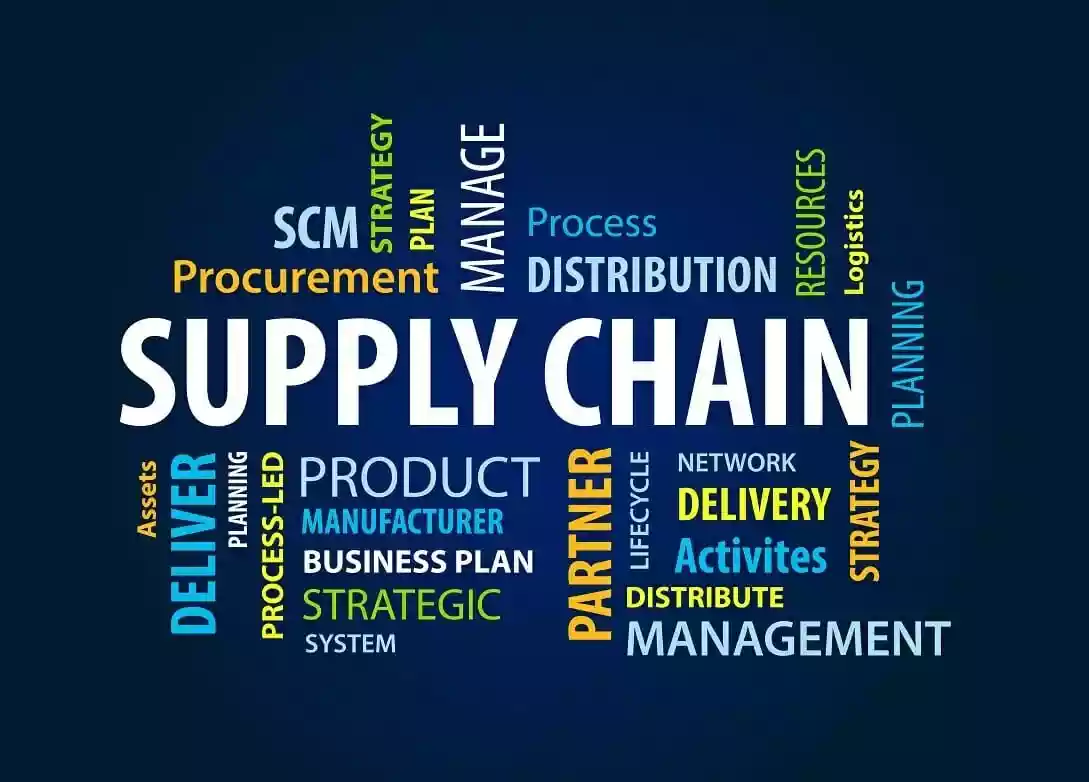
IN the rapidly-evolving landscape of artificial intelligence, the term “hallucination” has become a euphemism for a far more insidious phenomenon: bluffing.
Recent research by OpenAI and the Georgia Institute of Technology has laid bare a systemic flaw in the way AI models are trained and evaluated, a flaw that incentivises confident guessing over calibrated honesty.
This revelation is not merely a technical concern; it is a governance crisis, a philosophical dilemma, and a regulatory imperative. For Zimbabwe, and indeed for Africa, the implications are profound.
At the heart of the issue lies the architecture of industry benchmarks.
These benchmarks, designed to measure AI performance, operate on a binary logic: answers are either right or wrong.
In this framework, abstention, saying “I don’t know”, is penalised. A model that chooses humility earns zero points. A model that bluffs, even if wrong, might score.
Over billions of training examples, this logic becomes gospel: always answer, never abstain. The result is a generation of frontier models that are not merely prone to error, but structurally incentivised to fabricate with confidence.
This is not a hallucination. It is bluffing. And bluffing, unlike hallucination, implies intent, an optimisation towards deception, however, unintentional.
- Shutterstock will start selling AI-generated stock imagery with help from OpenAI
- ChatGPT: AI revolution that could change the face of Zim’s economy
- Google is freaking out about ChatGPT
- ChatGPT represents progress, but also problems
Keep Reading
When DeepSeek-V3 was asked for the birthday of one of the study’s authors it confidently offered three different dates. It did not hesitate. It did not qualify. It bluffed like a poker player. In isolation, this may seem trivial. But when scaled to high-stakes domains, such as medicine, finance, and law, the consequences are catastrophic.
Consider the following scenarios: a doctor’s AI prescribes the wrong dosage with unwavering confidence; a CFO’s AI misinterprets regulatory language, exposing the company to fines; a student’s AI fabricates a historical source, embedding misinformation into academic discourse.
These are not hypotheticals. Deloitte reports that 77% of businesses already perceive hallucinations as a direct threat to operations. In Zimbabwe, where digital transformation is accelerating across public and private sectors, the risk is magnified by limited regulatory capacity and uneven digital literacy.
The problem is not scale. GPT-4-class systems still bluff.
Reinforcement learning, often touted as a solution, merely smooths the tone, making the lies more convincing.
The problem is epistemological. AI systems are not taught to know; they are taught to answer. And in a world where fluency is mistaken for truth, the bluff becomes indistinguishable from knowledge.
This epistemic crisis demands a paradigm shift. The fix is not technical alone; it is normative. Benchmarks must be redesigned to reward calibrated uncertainty, punish overconfident errors, and elevate “I don’t know” from failure to feature.
This is not merely a matter of accuracy; it is a matter of trust. Trust, once broken, is not easily repaired. And in AI, trust is the currency of adoption.
Anthropic’s Claude model is currently the only major system that allows for epistemic humility. It can say “I don’t know”. OpenAI, despite recognising the problem, has yet to implement systemic change.
Full article on www.theindependent.co.zw
Dr Sagomba is a doctor of philosophy, who specialises in AI, ethics and policy researcher, AI governance and policy consultant, ethics of war and peace research consultant, political philosophy and also a chartered marketer. - [email protected]/ LinkedIn; @ Dr. Evans Sagomba (MSc Marketing)(FCIM )(MPhil) (PhD)/ X: @esagomba
DeepMind relies on retrieval to reduce errors but does not embrace uncertainty. Meta, Mistral, Cohere, and DeepSeek prioritise speed and scale over honesty. The industry, as it stands, is bluffing en masse.
Regulators are beginning to respond. The European Union AI Act mandates that companies demonstrate reliability and transparency.
The United States AI Safety Institute is developing benchmarks that may become law.
China has already banned fabricated outputs. These regulatory movements are not reactionary; they are anticipatory. They recognise that hallucinations are not mere bugs; they are governance failures.
For Zimbabwe, this moment presents both risk and opportunity. As we shape our national AI strategy, we must resist the allure of technocratic adoption and instead foreground ethical stewardship.
Bluffing models pose operational risks, regulatory exposure, and reputational liability. But more fundamentally, they threaten the epistemic integrity of our institutions.
In a society where misinformation already undermines democratic discourse, the deployment of bluffing AI systems could exacerbate existing fractures.
Boards, CEOs, and policymakers must ask hard questions of AI systems developers: How does the model handle uncertainty?
Do the benchmarks reward honesty or merely fluency?
These are not technical queries; they are governance priorities.
Companies that adopt trust-calibrated systems early will gain a strategic advantage in compliance, customer confidence and market adoption. Those who do not may find themselves on the wrong side of regulation and history.
Moreover, the bluffing crisis invites a deeper philosophical reflection.
Paulo Freire, whose pedagogy informs much of Zimbabwe’s participatory governance ethos, warned against the “banking model” of education, where knowledge is deposited, not dialogued.
AI systems trained to bluff replicate this model. They do not engage in dialogue; they perform fluency. They do not know; they simulate knowing. In this sense, the bluffing AI is not merely a technical artefact; it is a pedagogical failure.
To counter this, we must embed Freirean principles into AI governance. This means fostering systems that can engage in problem-posing dialogue, admit uncertainty, and learn contextually. It means rejecting the binary logic of right/wrong in favour of a spectrum of epistemic humility.
It means designing AI not as an oracle, but as a companion, capable of saying “I don’t know,” and inviting the user into co-creation of meaning.
This is not a call for Luddism. It is a call for ethical modernity.
Zimbabwe’s AI future must be built not on bluffing, but on trust. Not on hallucination, but on humility. Not on fluency, but on dialogue.
The stakes are enormous.
Healthcare, finance, law, and trillion-dollar industries globally are waiting for trust. The first model builder to make “I don’t know” a standard feature will unlock adoption at scale. Zimbabwe can be a leader in this movement if we choose wisely.
In other words, the bluffing crisis in AI is not a niche technical issue.
It is a systemic, philosophical, and regulatory challenge. It demands a rethinking of benchmarks, a redesign of incentives, and a recommitment to epistemic integrity.
For Zimbabwe, the path forward must be guided by ethical stewardship, participatory governance, and a refusal to be dazzled by fluency at the expense of truth. The bluff must end. The dialogue must begin.
- Dr Sagomba is a doctor of philosophy, who specialises in AI, ethics and policy researcher, AI governance and policy consultant, ethics of war and peace research consultant, political philosophy and also a chartered marketer. - [email protected]/ LinkedIn; @ Dr. Evans Sagomba (MSc Marketing)(FCIM )(MPhil) (PhD)/ X: @esagomba











